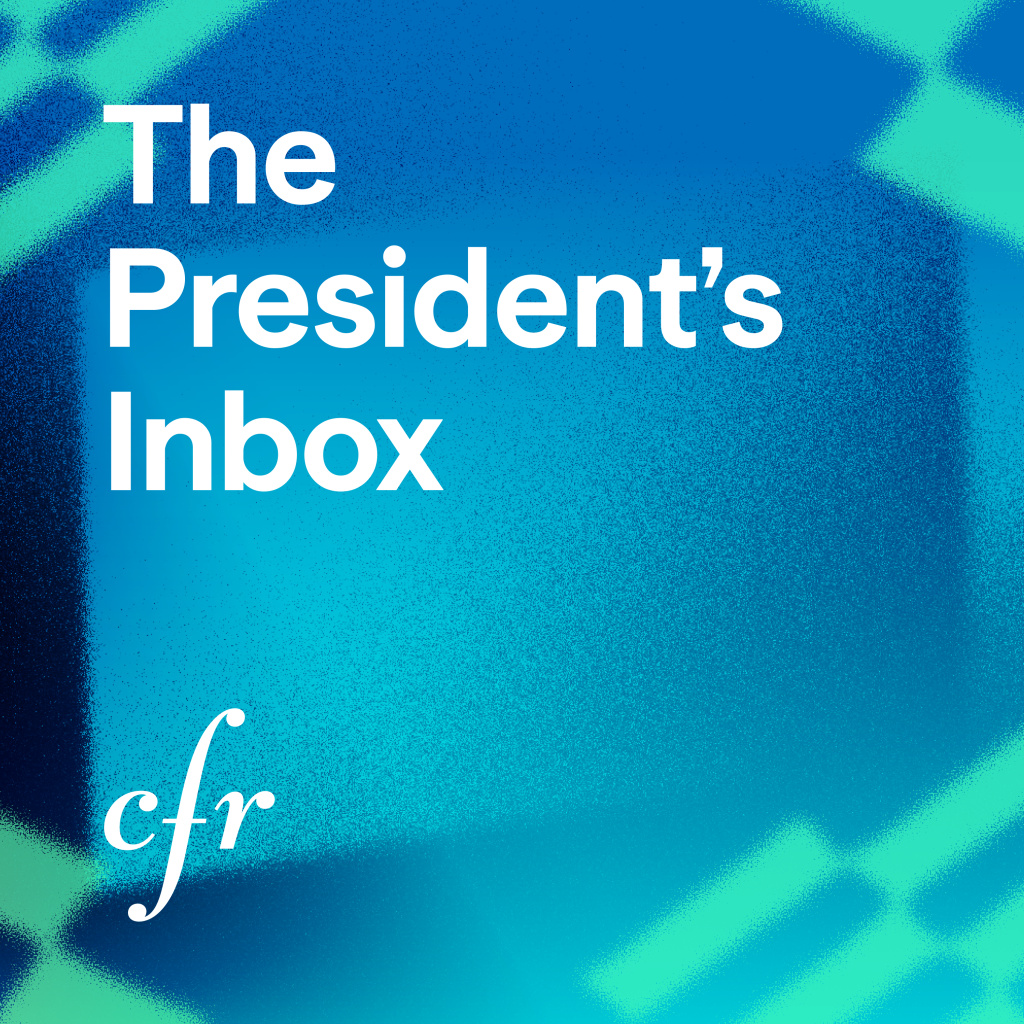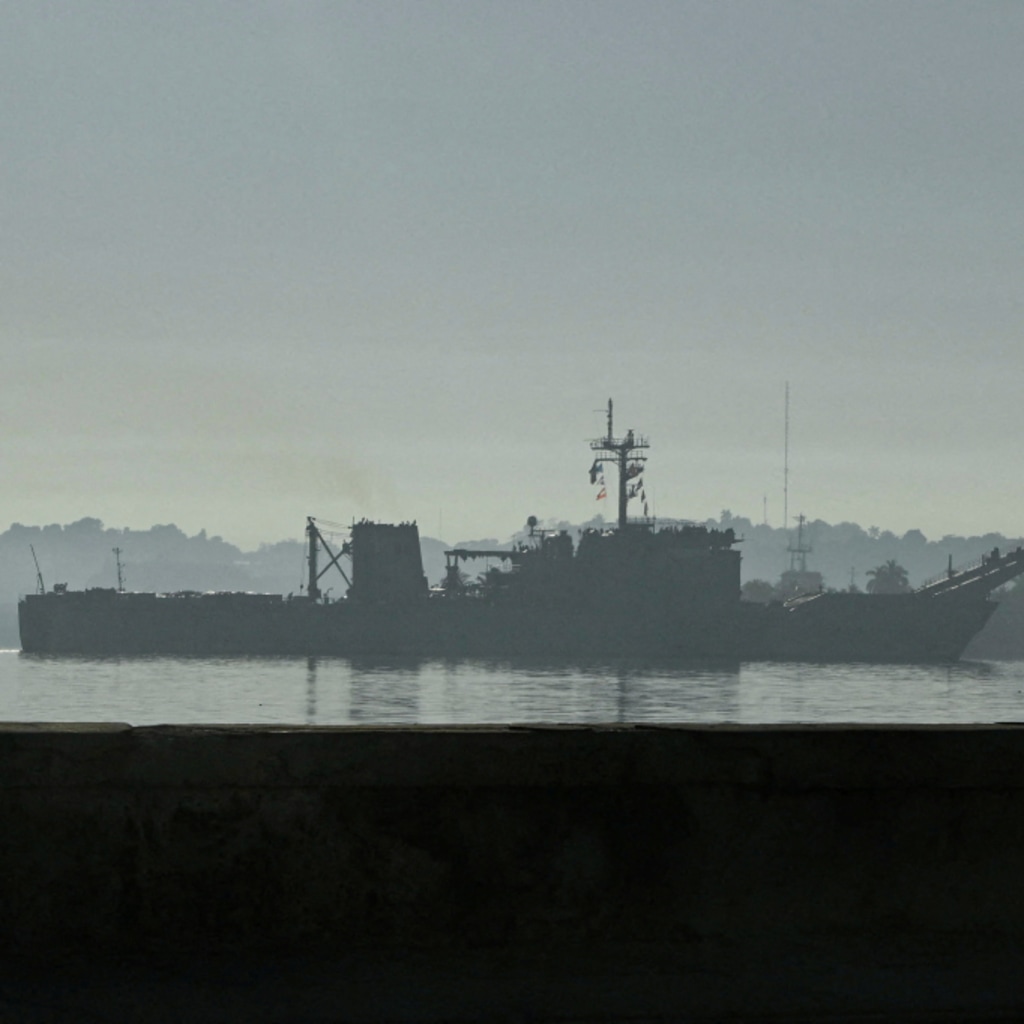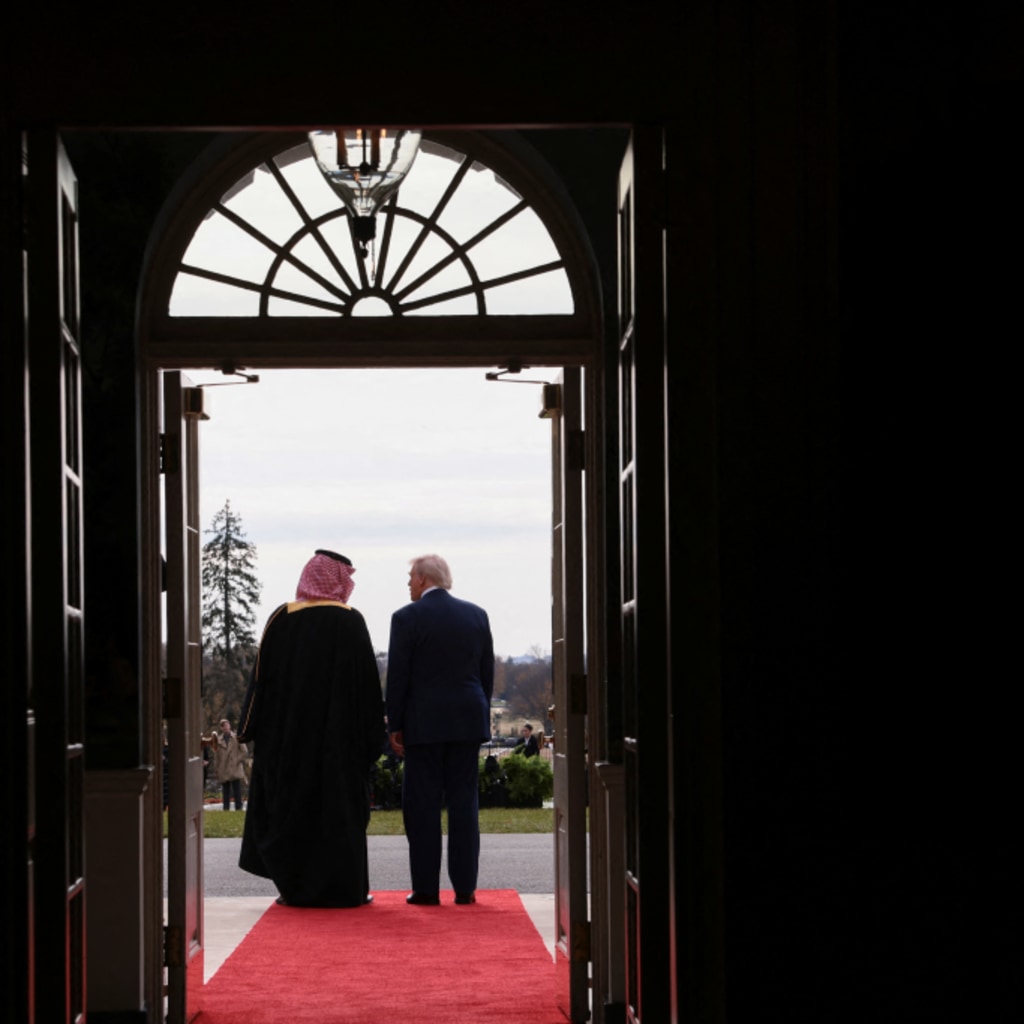The Rise of Digital Dictators, With Andrea Kendall-Taylor
Andrea Kendall-Taylor, senior fellow and director of the Transatlantic Security Program at the Center for a New American Security (CNAS), sits down with James M. Lindsay to discuss the increasing use of technology by authoritarian regimes. Kendall-Taylor’s article “The Digital Dictators: How Technology Strengthens Autocracy,” coauthored with Erica Frantz and Joseph Wright, can be found in the March/April 2020 issue of Foreign Affairs.
Published
Host
- James M. LindsayMary and David Boies Distinguished Senior Fellow in U.S. Foreign Policy
Guest
- Andrea Kendall-TaylorSenior Fellow and Director of the Transatlantic Security Program, Center for a New American Security (CNAS)
Show Notes
Andrea Kendall-Taylor, senior fellow and director of the Transatlantic Security Program at the Center for a New American Security (CNAS), sits down with James M. Lindsay to discuss the increasing use of technology by authoritarian regimes. Kendall-Taylor’s article “The Digital Dictators: How Technology Strengthens Autocracy,” coauthored with Erica Frantz and Joseph Wright, can be found in the March/April 2020 issue of Foreign Affairs.






